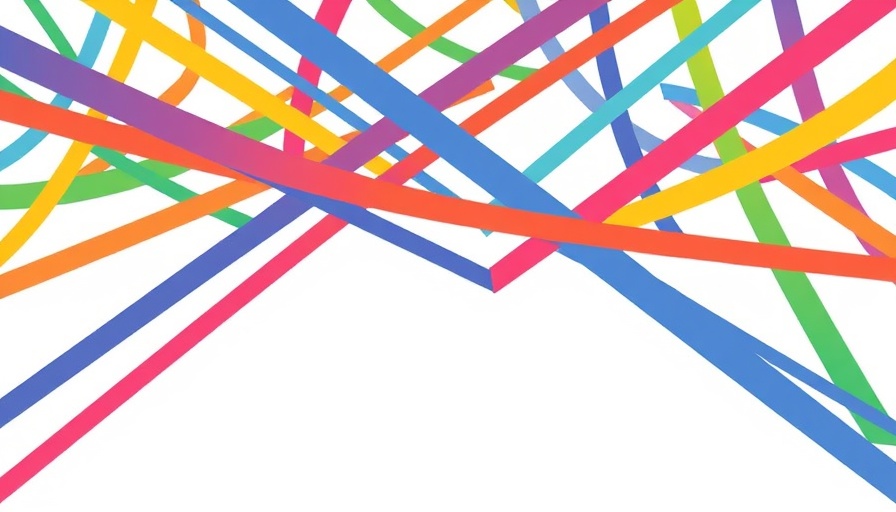
The Alarming Growth of Kenya's Illicit Alcohol Trade
Recent research from Euromonitor International reveals an unsettling trend: illicit alcohol now makes up 60% of all alcohol consumed in Kenya, a significant rise of 27% since 2022. This disturbing increase highlights the shifting dynamics within a market that traditionally has not only thrived under legal regulations but is now overshadowed by unregulated alternatives. The study, commissioned by the Alcoholic Beverages Association of Kenya (ABAK), underscores a crucial issue affecting not just health but also the national economy.
Impact on the Economy
Kenya is losing an estimated KSh120 billion annually due to tax evasion linked to illegal alcohol production and sales. This fiscal loss has surged by 68% since your last check, putting immense pressure on governmental coffers. While homebrews such as muratina and chang'aa dominate the illicit market, the staggering reality is that most of the monetary loss arises from counterfeiting and tax evasion— KSh73 billion lost to tax leakage and KSh64 billion to counterfeit brands. As taxes on alcohol soar, consumers are gravitating towards these cheaper, illegal options, feeding the growing trade.
Underlying Causes: What Drives Illicit Consumption?
According to ABAK chairman Eric Githua, the hike in alcohol taxes is the principal driver behind the pivot to illegal beverages. Increased smuggling is compounding this issue, with losses from smuggling doubling since 2022. High taxes stifle consumers' ability to purchase legally produced options, ultimately driving them into the arms of more dangerous, unregulated alternatives.
The Public Health Crisis
Beyond the financial implications, this trend raises serious public health concerns. The unregulated nature of illicit alcohol production often means that products are hazardous, leading to illnesses and even fatalities among consumers. Reports have shown that counterfeit beverages may contain toxic substances, further exacerbating public health risks as the government struggles to address this issue effectively.
Steps Forward: Addressing the Crisis
Industry leaders and policymakers acknowledge the significant challenge posed by the illicit market. Principal Secretary Dr. Juma Mukhwana emphasizes that understanding the scale of this problem is imperative to create effective policies. Opportunities exist for collaboration across sectors to develop comprehensive strategies aimed at curbing illicit alcohol production and safeguarding public health. This entails not only economic policies but also heightened law enforcement to tackle the smuggling and distribution that characterize the illicit trade.
The findings of this study are a clarion call for all stakeholders, including government agencies, public health officials, and the business community, to unite in combatting this growing epidemic. Without concrete actions, the risks extend beyond economic loss, threatening Kenya's societal fabric as well.
 Add Row
Add Row  Add
Add 


 Add Row
Add Row  Add
Add 

Write A Comment